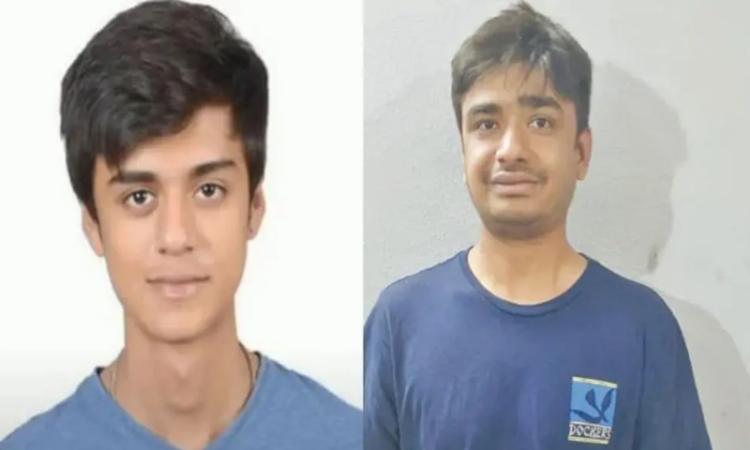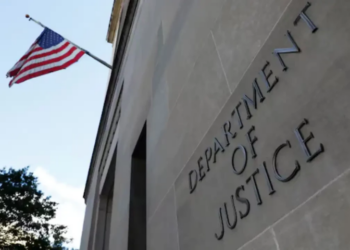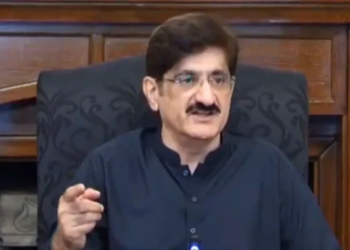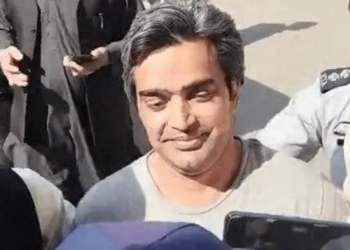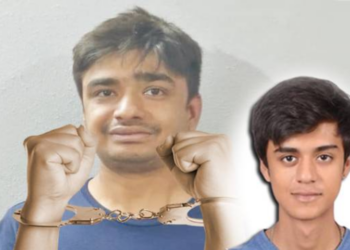Karachi, March 22, 2025: Armaghan Qureshi, the prime suspect in the Mustafa Amir murder case, has denied confessing to the crime, alleging that police are coercing him into making a false statement.
Produced before a judicial magistrate in Karachi on Saturday, Armaghan stated, “The police are trying to force a confession from me.” His co-accused, Shiraz aka Shavez Bukhari, had also previously refused to admit guilt, further complicating the high-profile case that has garnered widespread public and media attention.
Authorities have not yet commented on the claims of coercion. However, legal experts suggest that the court will now determine the admissibility of any prior confessions allegedly made by the accused.
The investigation remains ongoing, with police working to collect additional evidence. Meanwhile, a charge sheet was submitted last week in a separate case against Armaghan, where he allegedly threatened a lawyer representing the plaintiff in multiple cases against him.
According to the police report, Armaghan had sent abusive messages and threats via WhatsApp in April 2024, even claiming he would use the army to target the lawyer’s family. He was booked at Boat Basin police station, and after an interrogation permitted by the Anti-Terrorism Court (ATC) Clifton, police claimed that Armaghan had admitted to his threats.
The murder case has unveiled shocking details regarding Armaghan’s call center operations, illegal wildlife possession, and alleged criminal activities.
Investigations revealed that Armaghan ran a call center in Defence’s Khayaban-e-Momin area, employing 30 to 40 individuals and maintaining a security force of over 30 guards. Disturbingly, his bungalow also housed three illegally kept lion cubs.
The murder of Mustafa Amir allegedly stemmed from a personal dispute that escalated violently. Reports indicate that on January 6, after a night of drug consumption, Armaghan assaulted Mustafa with an iron rod, stripped him of his clothes, and bound his hands and feet. Along with Shiraz, he then stuffed Mustafa’s body into a car trunk and drove to Hub, Balochistan, where they burned the vehicle to destroy evidence.
Police claim that Armaghan meticulously cleaned the crime scene, disposing of Mustafa’s belongings and mobile phone along the way. Security footage and forensic evidence are being closely analyzed to corroborate these details.
As the judicial process unfolds, legal experts stress that the court will need to weigh the validity of confessions, examine forensic evidence, and determine whether police misconduct played a role in extracting statements.
This gruesome murder case has sent shockwaves across Pakistan, highlighting concerns over law enforcement practices, crime in elite circles, and the dark underbelly of the digital business sector.


